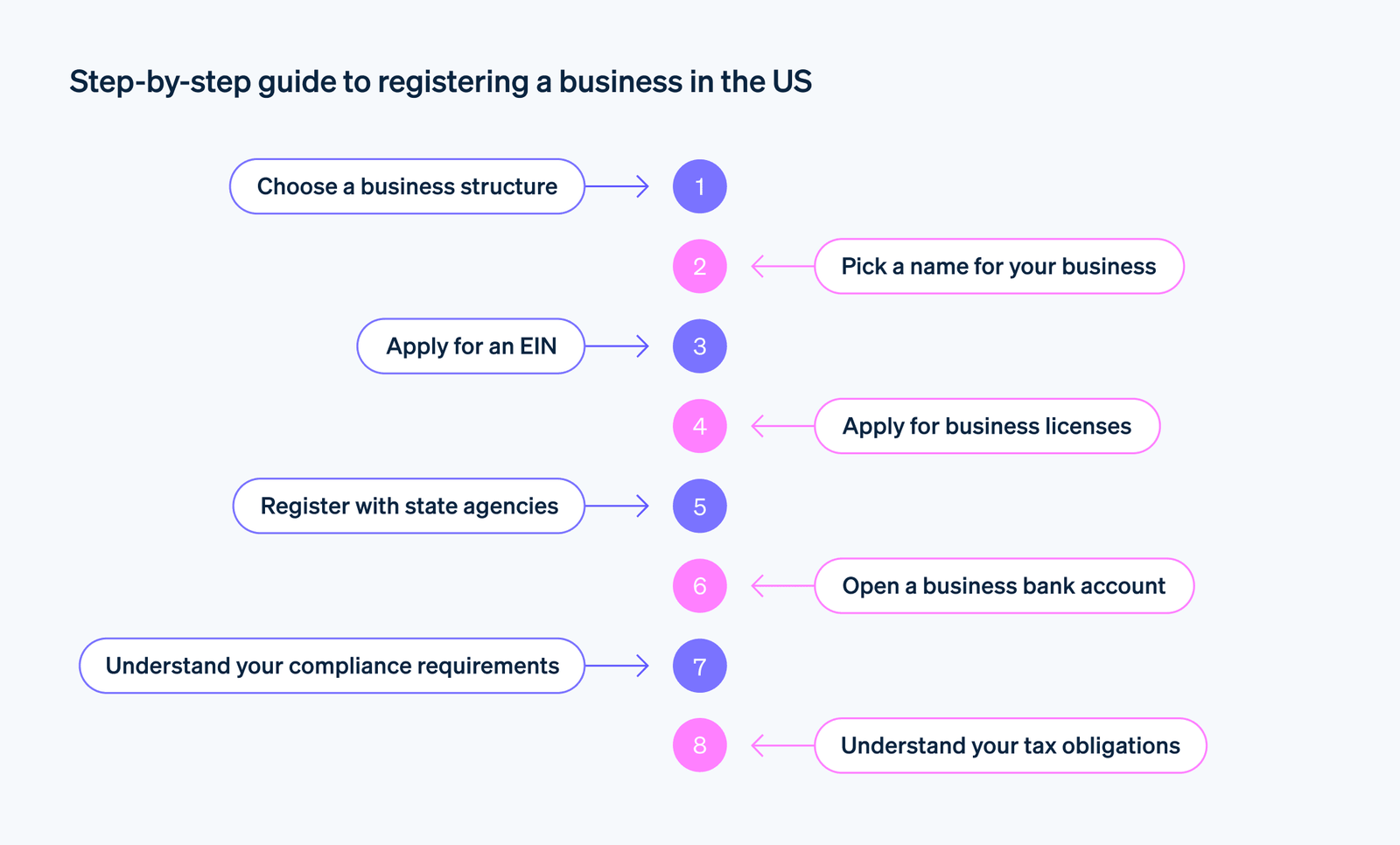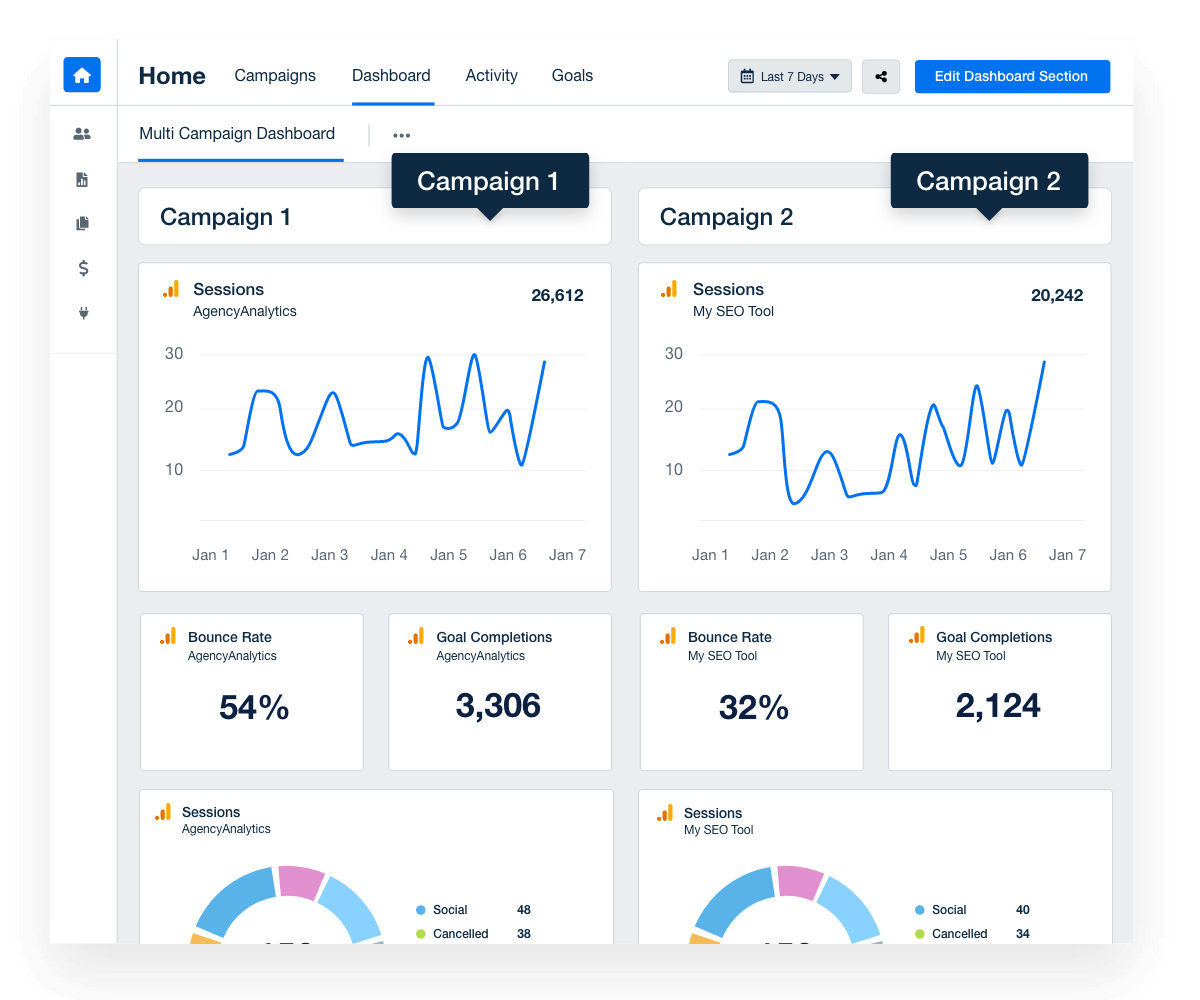Starting and running a successful real estate business in the USA requires strategy, persistence, and knowledge of the industry. Whether you’re new to real estate or looking to expand your career, this guide will walk you through every step—from getting licensed to growing your business and maximizing profits.
Step 1: Choose Your Real Estate Business Model
Real estate offers many paths. Decide which one aligns with your goals:
- Real Estate Agent : Help clients buy or sell homes under a licensed broker.
- Broker/Owner : Start your own brokerage and manage agents.
- Investor : Buy, renovate, rent, or flip properties.
- Property Manager : Manage rental properties for owners.
- Commercial Real Estate : Work with businesses on office, retail, or industrial properties.
Each path has different startup costs, licensing needs, and income potential.

Step 2: Get Licensed (If Applicable)
Most real estate professionals need a license to operate legally.
Common Licenses:
- Salesperson License : Required to work as an agent under a broker.
- Broker License : Needed to open your own brokerage.
Requirements:
- Be at least 18 years old
- Have a high school diploma or GED
- Complete pre-license education (60–180 hours)
- Pass a state exam
- Undergo a background check
Check your state’s real estate commission website for exact details.
Step 3: Build a Legal Foundation for Your Business
Choose a legal structure that protects your personal assets:
- Sole Proprietorship : Simple but no liability protection.
- LLC (Limited Liability Company) : Most popular for small businesses.
- Corporation : For larger operations.
- Partnership : For co-owned businesses.
Steps to set up:
- Choose a unique business name
- Register with your state
- Get an EIN from the IRS
- Open a business bank account

Step 4: Join or Start a Brokerage (If You’re an Agent)
New agents must join a licensed brokerage unless they have a broker license.
When choosing a brokerage:
- Look for training and mentorship
- Evaluate commission splits and fees
- Check access to MLS (Multiple Listing Service)
- Consider technology and marketing support
Build relationships with experienced agents to grow faster.
Step 5: Create a Strong Brand and Online Presence
A professional brand helps attract clients and build trust.
Create:
- A professional logo and consistent branding
- A branded website with listings and testimonials
- Active social media profiles (Facebook, Instagram, LinkedIn)
- Google Business listing for local visibility
Use SEO strategies and high-quality images to stand out online.
Step 6: Develop a Marketing Strategy
Marketing is essential for generating leads and closing deals.
Effective tactics include:
- Social media advertising and content marketing
- Email newsletters and drip campaigns
- Hosting open houses and community events
- Partnering with local businesses
- Using CRM software to manage client relationships
Tools like Mailchimp, Canva, Zillow Premier Agent, and Facebook Ads can help streamline your efforts.

Step 7: Network and Generate Leads
Networking builds relationships and brings in referrals.
Ways to generate leads:
- Attend real estate networking events and conferences
- Ask satisfied clients for referrals
- Use real estate lead platforms (Zillow, Realtor.com, Redfin)
- Offer free home evaluations or market reports
- Volunteer in your community to gain visibility
Step 8: Hire a Team (Optional but Powerful)
As your business grows, consider hiring help:
- Virtual assistants for admin tasks
- Photographers for listing visuals
- Website developers and designers
- Real estate agents (if you own a brokerage)
Outsource non-core activities so you can focus on sales and strategy.
Step 9: Stay Compliant and Keep Learning
Real estate laws and market conditions change constantly.
Stay ahead by:
- Renewing your license regularly (most states require renewal every 1–2 years)
- Taking continuing education courses
- Staying updated on fair housing laws and ethics
- Joining professional associations like NAR (National Association of Realtors®)
Step 10: Scale Your Real Estate Business
Once established, look for ways to grow:
- Expand into new markets or property types
- Launch a real estate investment fund
- Start a podcast or blog to build authority
- Offer coaching or mentoring services
- Open a second office or franchise
Use automation tools and systems to scale efficiently.
FAQ: Frequently Asked Questions About Doing Real Estate Business in the USA
Q: Do I need a college degree to start a real estate business?
A: No, a high school diploma is sufficient, though some agents pursue degrees in business or finance.
Q: How much does it cost to start a real estate business?
A: Initial costs range from $1,000 to $10,000+, including licensing, branding, marketing, and tools.
Q: Can non-U.S. citizens do real estate business in the USA?
A: Yes, if they have legal authorization to work in the U.S. and meet all licensing requirements.
Q: Is real estate a good business to start?
A: Yes, especially if you’re self-motivated, willing to network, and ready to invest time in learning and marketing.
Q: What are the biggest challenges in real estate business?
A: Building a steady client base early on, managing cash flow, staying compliant with regulations, and balancing marketing with daily operations.
Join The Discussion